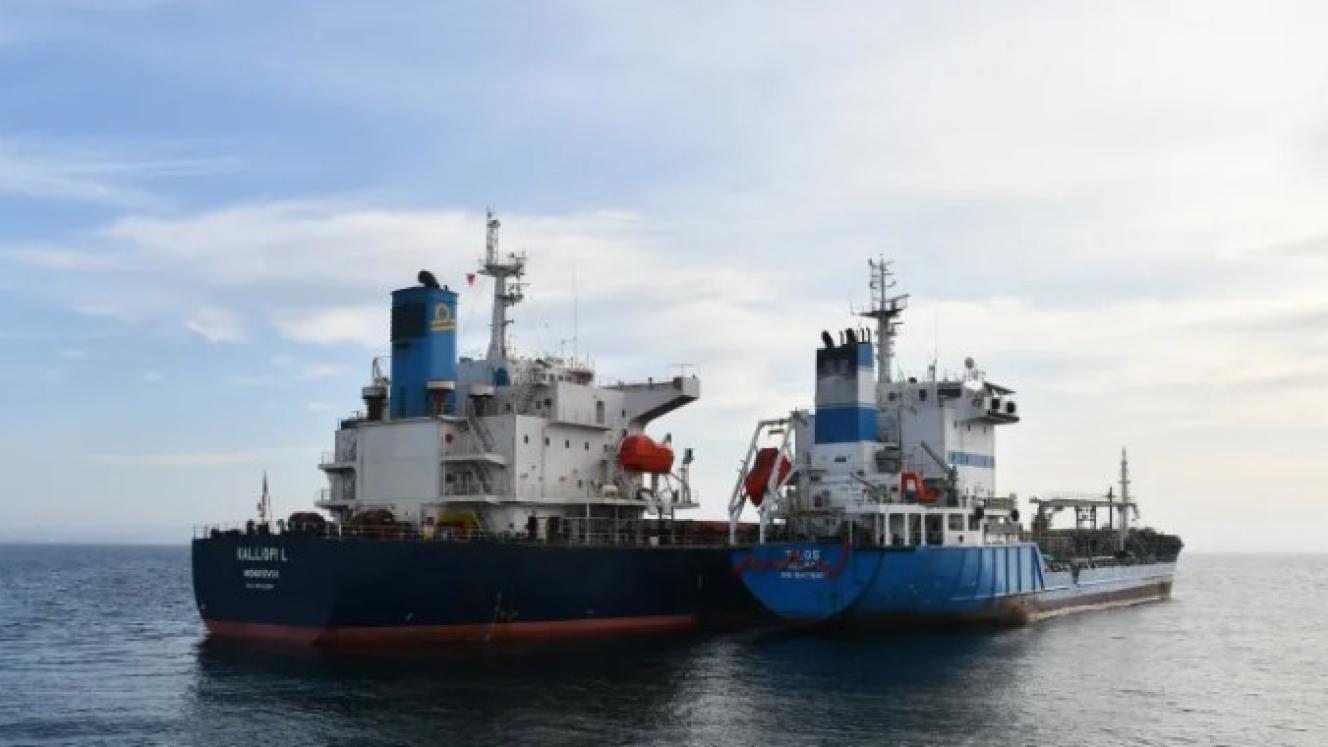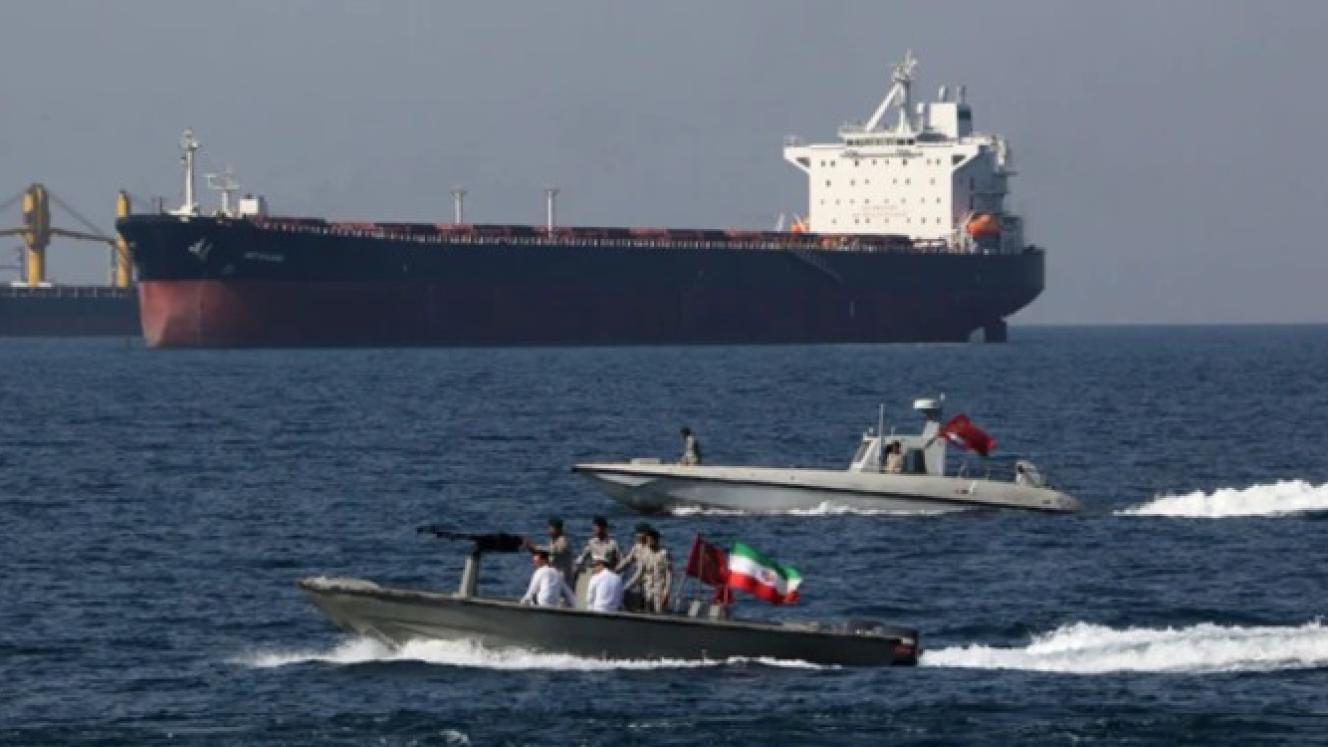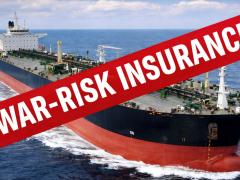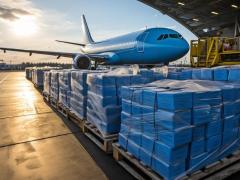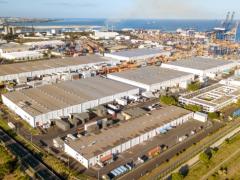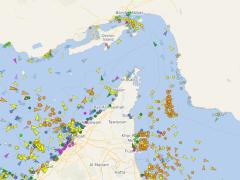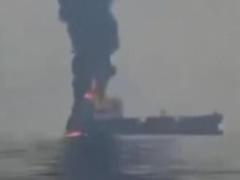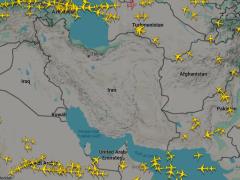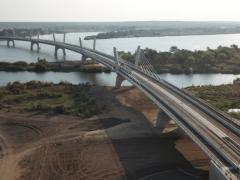A new regulatory framework has been implemented for offshore ship-to-ship (STS) transfers along South Africa’s coast, increasing penalties and establishing stringent environmental conditions to safeguard coastal ecosystems.
The new framework is supposed to significantly enhance protection of the endangered African penguin.
Under the regs signed by the Minister of Forestry, Fisheries and the Environment, Dr Dion George, those who breach the rules could face fines of up to R37.9 million ($2.1 million), and or imprisonment for up to five years.
Introduced under the National Environmental Management: Integrated Coastal Management Act, the regulations prohibit STS transfers in marine protected areas, aquaculture zones, and within three nautical miles of the high-water mark.
In Algoa Bay, one of the world’s busiest offshore bunkering hubs, transfers will be limited to designated anchorages and subject to seasonal restrictions.
The regulations make it clear that operators will be required to monitor for penguins and marine mammals. This responsibility includes the deployment of hydrophone systems, and submitting independent environmental management plans.
All crew members must undergo environmental awareness training, and operators must keep spill-response vessels on standby within five nautical miles of the shore. Transfers will also be banned during adverse weather conditions, such as wind speeds exceeding 22 knots or wave heights above two metres.
These measures follow years of debate over offshore bunkering in Algoa Bay, where environmental groups have expressed concerns about pollution risks and the decline in penguin populations due to increased tanker traffic.
The increase in tankers sailing around the Cape of Good Hope is but one segment of the shipping industry that prefer to reroute away from the Suez Canal and Houthi rebel attack risk in the southern Red Sea.
South Africa’s stricter approach is also in keeping with a growing number of countries tightening regulations on STS activities over the past 18 months.
Greece has strengthened enforcement regarding the shadow fleet in the Aegean, Spain has enhanced monitoring of transfers off Ceuta, and Denmark has increased oversight in the Baltic. Similarly, Malaysia and Indonesia have introduced new restrictions in the Malacca Strait, a critical global oil transit route, as governments become increasingly concerned about safety and environmental risks associated with the shadow fleet and unregulated ship-to-ship operations.
